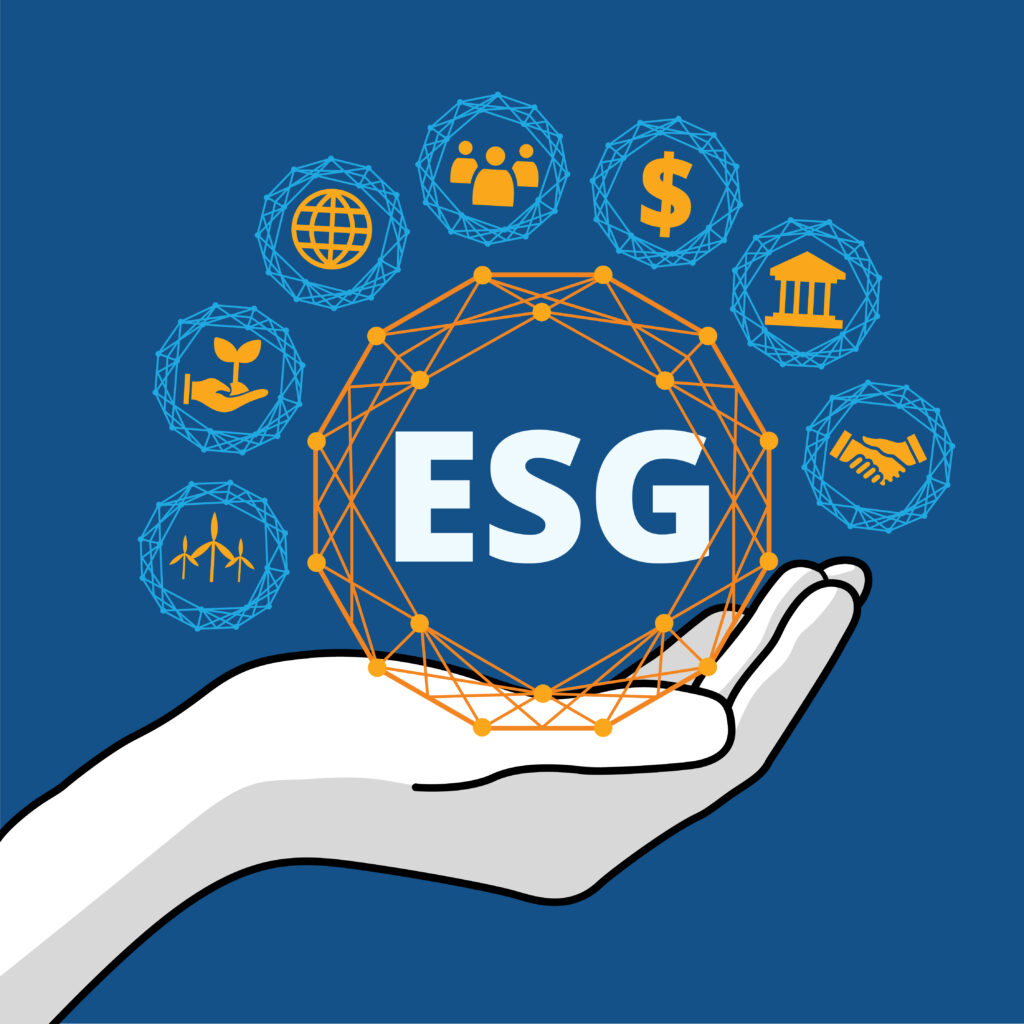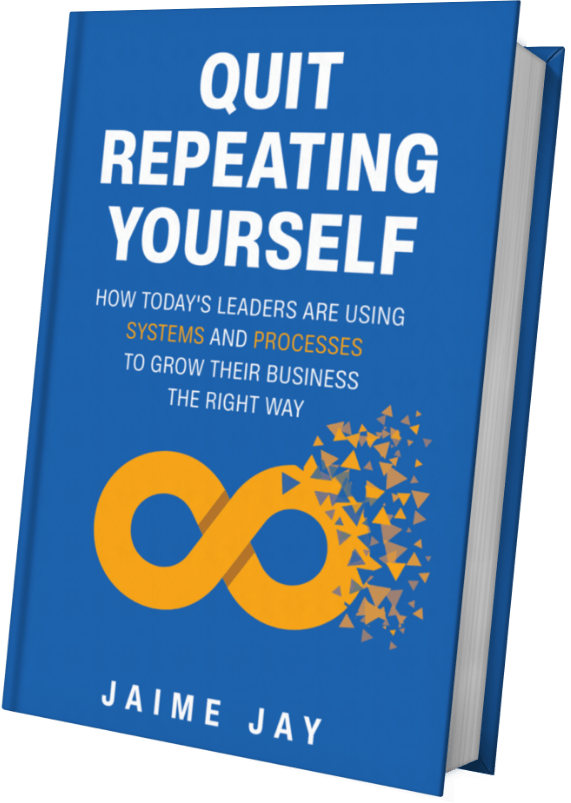5 Facts You Should Know About ESG Reporting Frameworks

The article Facts You Should Know About ESG Reporting Frameworks is a guest blog by Bash Sarmiento. To learn more about them, check out the author bio at the end of the article.
In this current business climate, more and more companies are starting to integrate the idea of sustainability into their project planning and decision-making processes. However, it is one thing to be aware of the environmental, social, and governance (ESG) issues, and it’s another to take it into practice.
Sustainability practices come in many forms, but the best way to measure your progress towards them is through using ESG frameworks. These frameworks provide a structure for businesses to analyze and report the progress of their environmental, social, and governance (ESG) performance. This shows all investors and stakeholders you are serious about sustainability.
There is no uniform standard for ESG reporting because companies can choose which ESG standard they would like to use for their report. However, there are various frameworks you can use to help you assess your business’s ESG performance. It just boils down to knowing which one is right for you. To help you, we will tackle five facts you should know about ESG reporting frameworks.
Why Is ESG Reporting Framework Important?
Businesses use environmental, social, and governance (ESG) reporting frameworks to provide transparency to their stakeholders, employees, and customers. The disclosure of their metric systems is often voluntary but depends on the need of specific investors or regulations by law.
By adopting a set of criteria to evaluate your sustainability responsibilities, you are presenting your business as a worthy investment for stakeholders. A study shows that 88% of investors believe that companies incorporating ESG frameworks into their decision-making processes have better long-term return opportunities than companies that do not take the initiative. Aside from this, here are other examples of why ESG reporting is essential in businesses:
- Solid ESG policies can help businesses reduce water, energy, and waste costs.
- ESG policies provide a more strategic resource allocation.
- Customers take into account if a business is socially and environmentally responsible. Thus, driving more sales and a higher conversion rate.
- ESG reporting can boost employee morale, productivity, and talent acquisition because employees also care about company responsibility.
Whether an individual or an institution, investors’ primary goals are long-term visibility and profitability, which are achievable in ESG reporting frameworks. Participating in some form of ESG reporting means you are one step ahead toward a sustainability-minded and innovative business, which can pave the way for attracting more investors and stakeholders in the future.
What Are the Different ESG Reporting Frameworks?
Many ESG reporting frameworks are available today, and each has its focus area and reporting requirements. But the three most popular ones are:
Global Reporting Initiative (GRI)
GRI supports the understanding, creation, and dissemination of sustainability measures by corporations, governments, and other organizations. The GRI standards are available on their website for free download. On voluntary disclosure, GRI depends. You present a report addressing the subjects most important to your company.
Sustainability Accounting Standards Board (SASB)
SASB identifies, monitors, and informs investors about financially significant sustainability information.
These standards include a complete set of 77 industry-specific measures described through a materiality map. When you want to express the value you make in terms that investors can understand, SASB is a fantastic option. Additionally, you may combine it with another framework. For instance, SASB and GRI are both widely used in businesses.
Task Force on Climate-Related Financial Disclosures (TCFD)
TFCD enhances and expands reporting of financial risks associated with climate change. It will be fascinating to follow this standard over time to see which businesses publish financial data on the environment and how they perform.
What You Need To Know About ESG Reporting Frameworks
Implementations of ESG Reporting Frameworks Are Costly and Time-consuming
Part of implementing ESG reporting frameworks in businesses is collecting internal and external data on their ESG performance, which can be costly and time-consuming. Companies must also organize the collected data to meet the chosen framework’s requirements and regularly update them. While this can take a lot of effort, the benefits are worth it as it can improve communication with investors, boost transparency, and improve reputation.
ESG Reporting Is Voluntary
Although ESG reporting is optional, more businesses are choosing to share their progress on these critical topics. A recent survey discovered that 95% of the world’s largest corporations now provide ESG data. Several nations have started drafting laws to require ESG reporting, even though it is currently unregulated. Mandatory reporting is anticipated to support efforts to promote global sustainability with the aid of existing ESG standards.
ESG Reporting Helps in Identifying Risks and Opportunities To Create a Positive Impact
Businesses can find environmental, social, and governance-related risks and opportunities with ESG reporting. Additionally, it may enable them to enhance their operations and positively impact society. ESG reporting is a valuable tool for businesses that aspire to be pioneers in sustainable business operations, to put it briefly.
ESG Reporting Frameworks Assist Investors in Making Worthy Decisions
ESG factors are becoming more important to investors when making investing decisions. In fact, according to a recent survey, institutional investors take ESG aspects into account in 84% of their investment decisions. As more investors become aware of the significance of ESG factors, this tendency will only increase.
ESG Reporting Frameworks Enable Sustainable Business Practices
Regardless of an industry’s size, many already realize the benefits of ESG reporting frameworks. Many large companies are adopting these standards to drive investments and sustainability programs. Additionally, ESG reporting frameworks allow businesses to show their commitment to environmental and social responsibilities, which can attract and retain investors.
Customers nowadays are savvy and care more about where their money is going. Most of them choose companies with strong ESG scores because they are assured that they’re supporting something good.
Conclusion
ESG reporting offers a variety of advantages. It’s crucial to comprehend the various options provided and the reporting requirements of each one if you’re considering establishing a framework at your firm. After understanding what you need to know about ESG reporting frameworks, we hope it will help you decide which framework best suits the goals and demands of your business.
Author’s Bio
Bash Sarmiento is a writer and an educator from Manila. He writes laconic pieces in the education, marketing, lifestyle and health realms. His academic background and extensive experience in teaching, textbook evaluation, business management and traveling are translated in his works.
We hope you’ve enjoyed reading this article. If you wish to share your own views and experience on Distant Assistance, Remote Work, and other ways to make your business run efficiently, do reach out to us at [email protected], or check out our Guest Blogging Guidelines.
Do you need help with some of the mundane tasks so you can focus on making your business proposal? Visit bottleneck.online now to learn about all the services our distant assistants can provide!
About Jaime Jay
Meet Jaime Jay – a man who wears many hats, and wears them all admirably. He's a master connector, an entrepreneur extraordinaire, and a published author who knows how to get things done.
Before he found his way to the business world, Jaime served his country as a brave paratrooper in the U.S. Army. But that's just the beginning of his many accomplishments.
He's the founder of the renowned Bottleneck Distant Assistant Services firm, and his book "Quit Repeating Yourself" has become a must-read for entrepreneurs everywhere.
When he's not busy building his empire, you can find him on his beloved Harley Davidson, cruising through the countryside and taking in the invigorating effects of Uitwaaien – a Dutch practice that involves facing the wind to boost health and relieve stress.
He enjoys spending his free time outside building stuff with his wife, Nikita the dog and their two kittens (for now at least) Tommy and Tater.
He is ‘over-the-moon’ happily married to his wonderful wife Sara, his amazing daughter, Jessica, who is serving our country as a United States Army soldier. Jaime and Sara are the proud grand parents of two beautiful little girls.

Get Your Book Now!
Quit Repeating Yourself provides guidance for entrepreneurs, business leaders, and managers to help prevent unknown challenges from ruining their business.


















